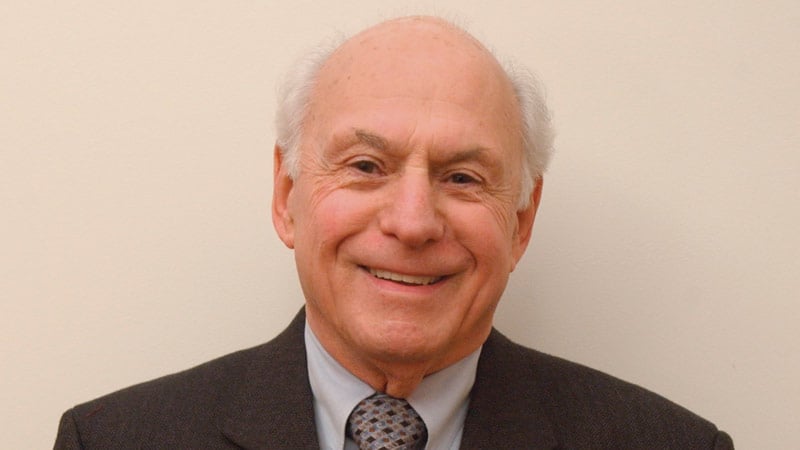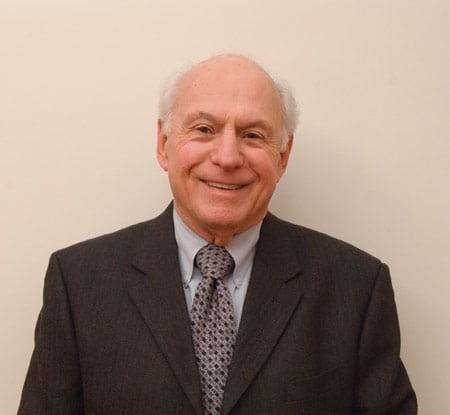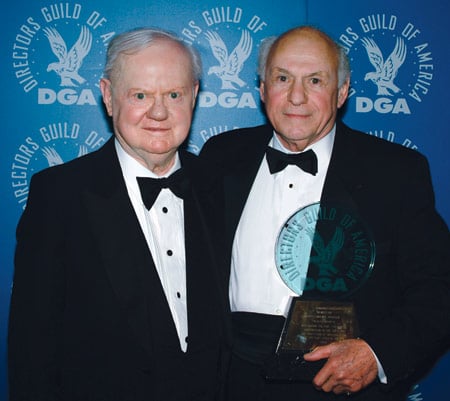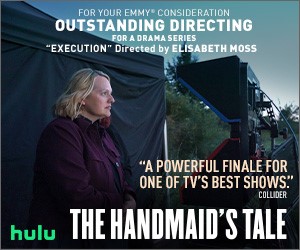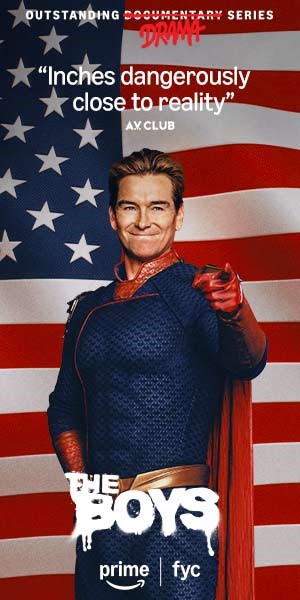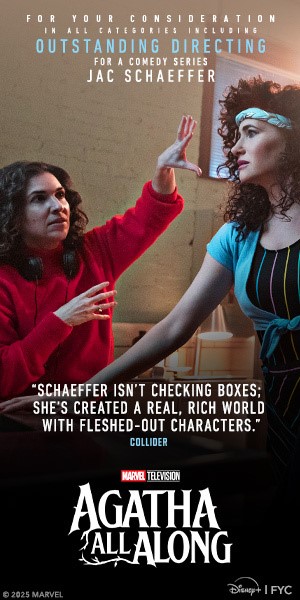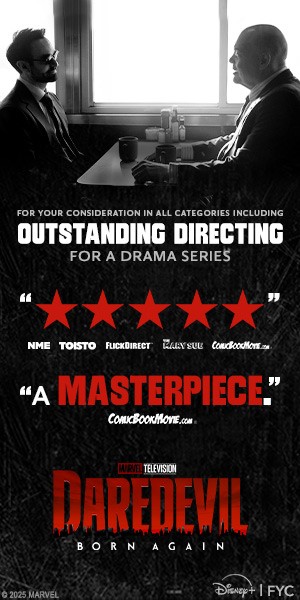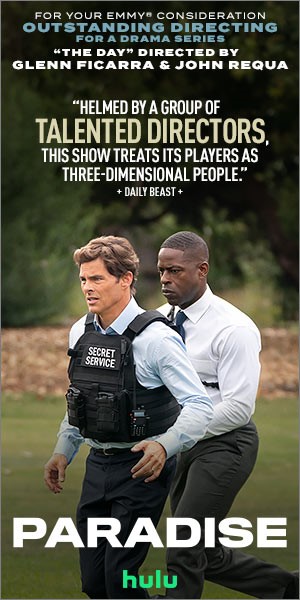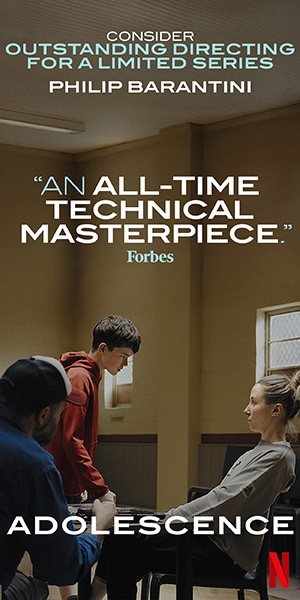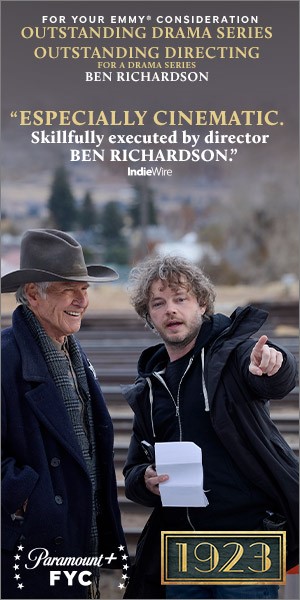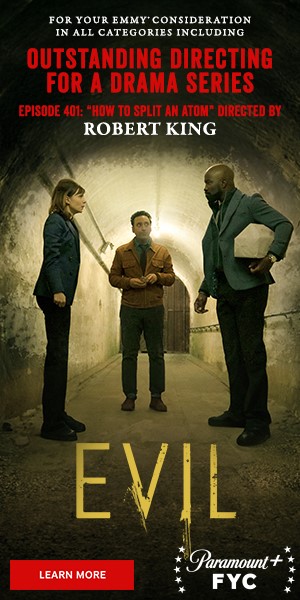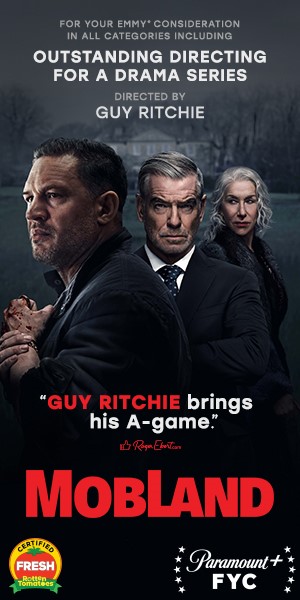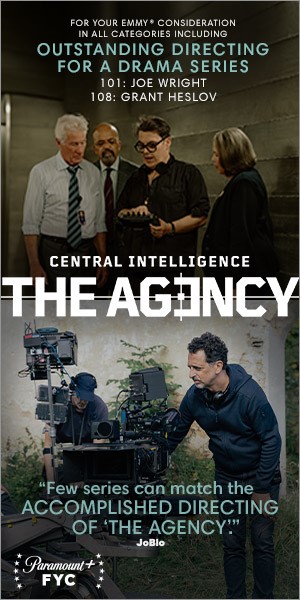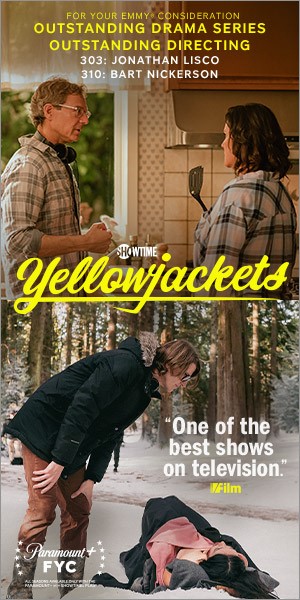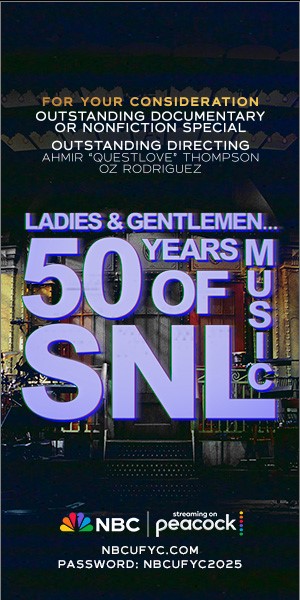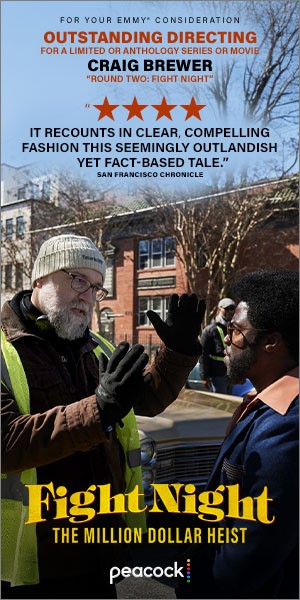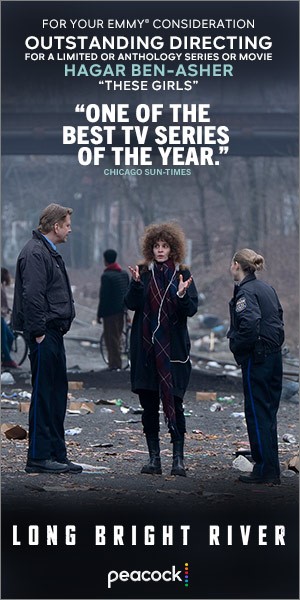Larry Auerbach's career as a director coincided with the early years of television and the organization of the fledgling medium's directors during the first years after the Second World War. A director for more than half a century, he has been a deeply involved committee and council member and leader for the Directors Guild of America as well as one of its predecessors, the Radio and Television Directors Guild (RTDG), which merged with the Screen Directors Guild in 1960 to form today's DGA. It was with that merger that East and West first came together, and some would say he's helped considerably to continue that coming-together process on through to the present.
"Larry Auerbach represents the highest achievement of membership in the Guild," says DGA National Vice President Ed Sherin. "He is a director of brilliance in daytime drama teaching countless younger directors his craft and the value of aspiring to excellence. He has been active as a Guild leader for decades and was instrumental in assuring the major renovation of our Eastern headquarters. The center of power within our Guild is unquestionably the West Coast but the singular honor of Lifetime Membership bestowed on this Eastern member is the best example of the increasing strength of our national organization and the importance it places on our members, in whatever category, East or West."
"I started when television started," says Auerbach, a true pioneer of early TV presentations and one of the longest-serving purveyors of daytime serials in history. "I joined the Radio Directors Guild (the original organization for the broadcast industry and forerunner of the RTDG) in 1948. I was active in it and quickly appreciated the Guild's willingness and awareness to face the problems of directors. Later, when it became the RTDG, the Guild's willingness to use muscle to get daytime TV people good contracts and good working conditions was inspiring."
As far as the Guild is concerned, the appreciation is mutual. The DGA bestowed Auerbach with one of its highest accolades at its Awards ceremony this year, Honorary Life Member, in recognition of outstanding creative achievement, or contribution to the Guild, or the profession of directing.
"[This honor] was all a big surprise to me," Auerbach says. "To have my name associated with all of those icons of the industry, idols of the Guild and of directing has been humbling." It is perhaps one of the Guild's most unique honors in that it is given to people from a wide range of entertainment backgrounds. For instance, among the more than three dozen Life Member honorees since it was first presented in 1938 are Charles Chaplin, David Lean, Frank Capra, Walt Disney, Darryl F. Zanuck, Louis B. Mayer, Jack Warner, Lew Wasserman, Elia Kazan, Chuck Jones, Joseph L. Mankiewicz, Jack Valenti and Delbert Mann.
The honor for Auerbach follows another Guild expression of its gratitude to the initial director of Mr. Wizard in 1951 and subsequent director of such daytime serials as Love of Life, All My Children, One Life to Live, Another World and As the World Turns. Last spring, the Eastern AD/SM/PA Council celebrated Auerbach with a plaque to commemorate his many years of service to their causes.
Auerbach stepped down as a DGA National Board Member this past summer. The hats he wore in his service on Guild governing and review bodies required an epic-scale hat rack. Even he loses track of his exact Guild service stints, but, in sum, says, "I have been on the Eastern Directors Council, where I still serve in an ex-officio capacity, and serve on various committees. I was National Vice President. I was on the National Board for many years, a Trustee of the DGA–Producer Pension and Health Plan, for which I have three times been chairman, and am on the Legal and Delinquency Committee." And when one considers he actively served on some of these while directing five shows a week in daytime serials, one wonders what created such a commitment to helping fellow members.
Auerbach said that he became interested beyond the normal protections and duties of Guild membership in the mid-1950s, or a half-decade before the merger with the SDG.
Despite some tough and memorable negotiations with producers over the years as well as strides in benefit plans and artistic protections, Auerbach's first response of what the Guild means to him is very personal. "It has been a place where I have made wonderful friends with peers in the business," he says. "Professionally, it meant that I had the opportunity to be involved in negotiations a number of times. And I have been deeply involved in something very important to all Guild members, and that's the Pension and Health Plan."
Auerbach ranks the Guild's creative rights protections for directors and its work on behalf of daytime directors as two of the DGA's functions closest to his heart. "Daytime people didn't have a high profile," he recalls. "In the early days, I did all five shows myself, Monday through Friday." And, he says, he would work with an associate director who would take his place if something drastic happened.
"Any time there were negotiations involving daytime serials, it was sticky because they are a very under-appreciated and overlooked area of the business. The producers weren't particularly interested on the other side of the bargaining table in us or in what we did. The Guild eventually helped erode that kind of mentality on part of the networks."
Auerbach grew up in Mount Vernon, N.Y., and attended the University of Missouri and Northwestern University, an education interrupted by three years of service in the Army during World War II. His first radio job was writing advertising copy for a CBS Radio affiliate in Burlington, Vt. In April 1948, he went to NBC Radio in Chicago, first as an associate director, then a director.
When NBC–TV began broadcasting shows from Chicago, he became a stage manager, then director. "I was the stage manager on Zoo Parade," he said of Marlin Perkins' forerunner to Wild Kingdom, "and I was the stage manager for Dan Petrie, Sr. on Studs' Place with Studs Turkel."
In 1951, Auerbach was given the program that would mark his career. He was hired to direct Love of Life. With Auerbach as the principal director, Love of Life was part of the early careers of actors Frances Sternhagen, Paul Michael Glaser, Christopher Reeve, Roy Scheider, Bonnie Bedelia, Jessica Walter, Nancy Marchand, Season Hubley, Carl Betz, Kenneth McMillian, Warren Beatty and Peter Falk.
"None of the scripts were Moby Dick," Auerbach said. "Some were good; some bad. I think one of the toughest jobs in the business is writing daytime serials. When you are doing some 260 shows a year, no repeats, no hiatus, a lot of scripts were surprisingly good when you consider the pressures."
Among Auerbach's honors include a Daytime Emmy Award for outstanding direction in 1983–84 for One Life to Live and the DGA's Robert B. Aldrich Award, which was presented to him in 1991. His recollections and advice on directing soaps are featured in the books The Box: An Oral History of Television 1920–1961 by Jeff Kisseloff, Take One: Television Directors on Directing by Jack Kuney and Directing for Television: Conversations with American TV Directors by DGA Special Projects Officer, East Brian G. Rose.
